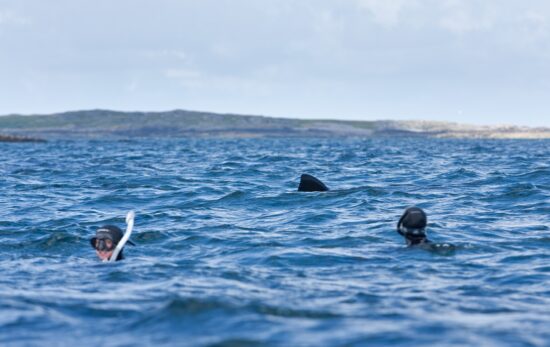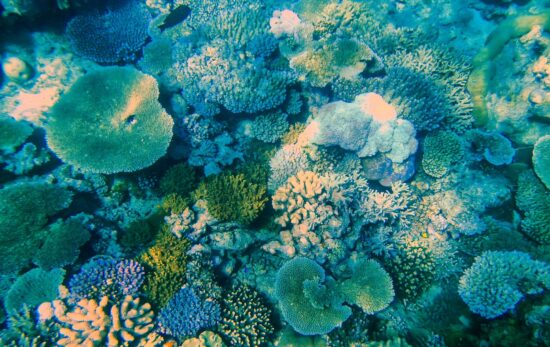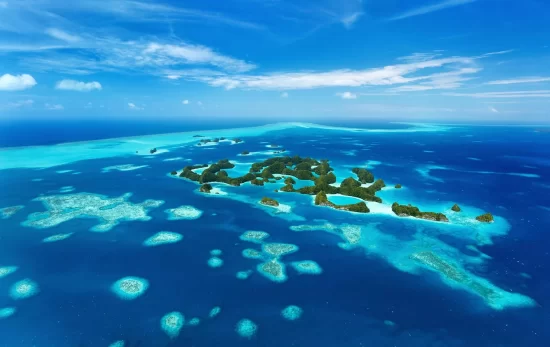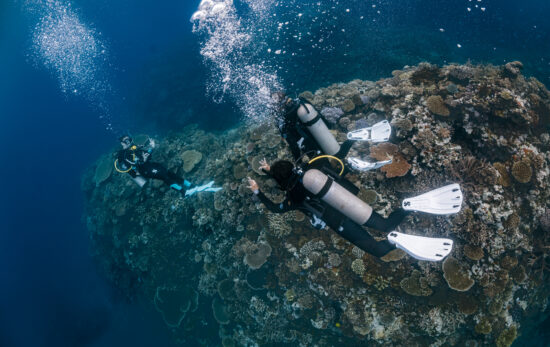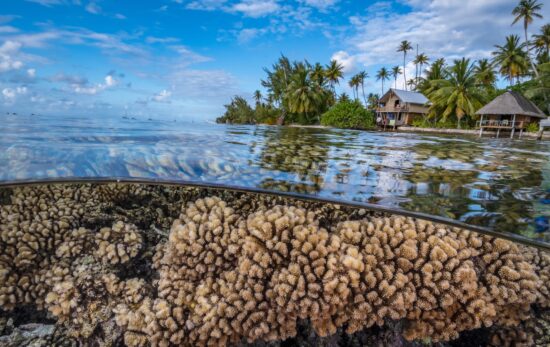PADI AmbassaDiver™ and Founder of Takata Research Center, Cassiopea Carrier Doneys is an inspirational woman. Her experiences highlight the restorative power of scuba diving, and prove what’s possible when we assume personal responsibility and take action to protect what we love.
If you’re interested in a career in marine science, or want to learn more about how someone form Canada ends up researching coastal ecosystems in the Yucatan Peninsula, then keep reading…
Who are you, what is your position and where are you based?
My name is Cassiopea Carrier Doneys, I am French Canadian and 33 years old. I am co-founder of Takata Experience (a PADI 5 Star IDC Resort) and Director of Takata Research Center. I graduated with a bachelor in Public Affairs and International Relations and a Double Masters in Biology (Ecology) and Environmental Management.
I love understanding natural and social systems and my ultimate goal is to find a way for both to cohabit without the latter negatively affecting the former. I love learning about the world, different cultures, and nature. I feel a deep purpose in helping to find a balance between social perspectives and environmental necessities. I am completely amazed by the beauty and intelligence of the ocean, the reef is one of the things I am most in awe of. I love the resilience, fragility, and power of it. That is why I am based in Mahahual, Mexico, just in front of the Caribbean sea and the Mesoamerican reef.
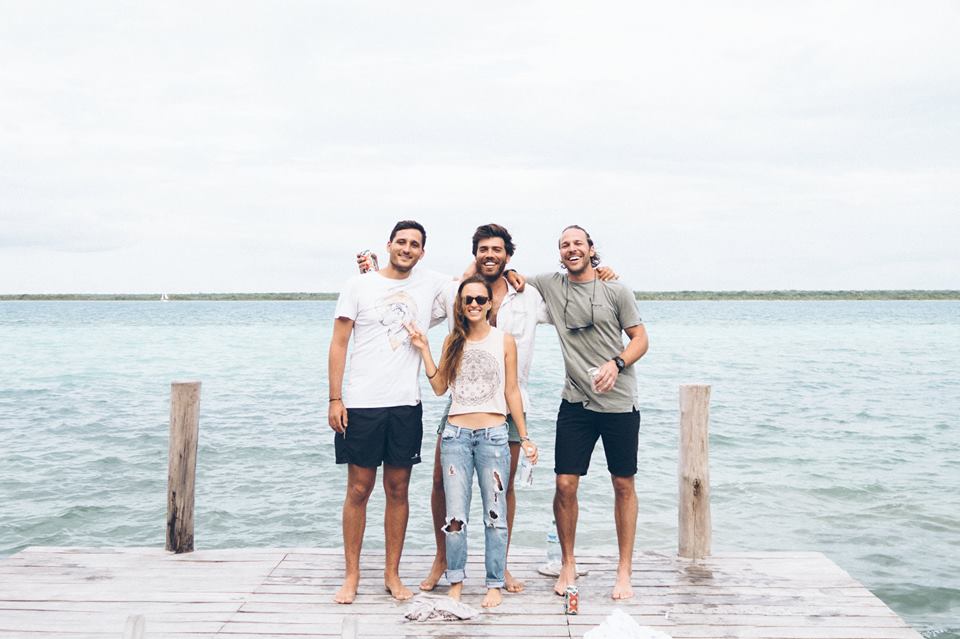
What is your area of research?
At Takata, we research tropical coastal ecosystems in Mahahual: the reef, seagrass, dunes, and mangroves. We also work to conserve and restore them, with the hope of having the biodiversity coming back to what it was years ago. We have projects to accompany businesses in their eco-responsible progress and the community in the implementation of integrated management actions.
We also work with the population, to educate them about our environment, but also to learn from them and build together an empowered community. We have programs with collaborators and interns coming from many different backgrounds to help us understand the issues and dynamics from different perspectives: biology & ecology, environmental management, anthropology, engineering, economy, geography, geology, education, urban planning, etc.
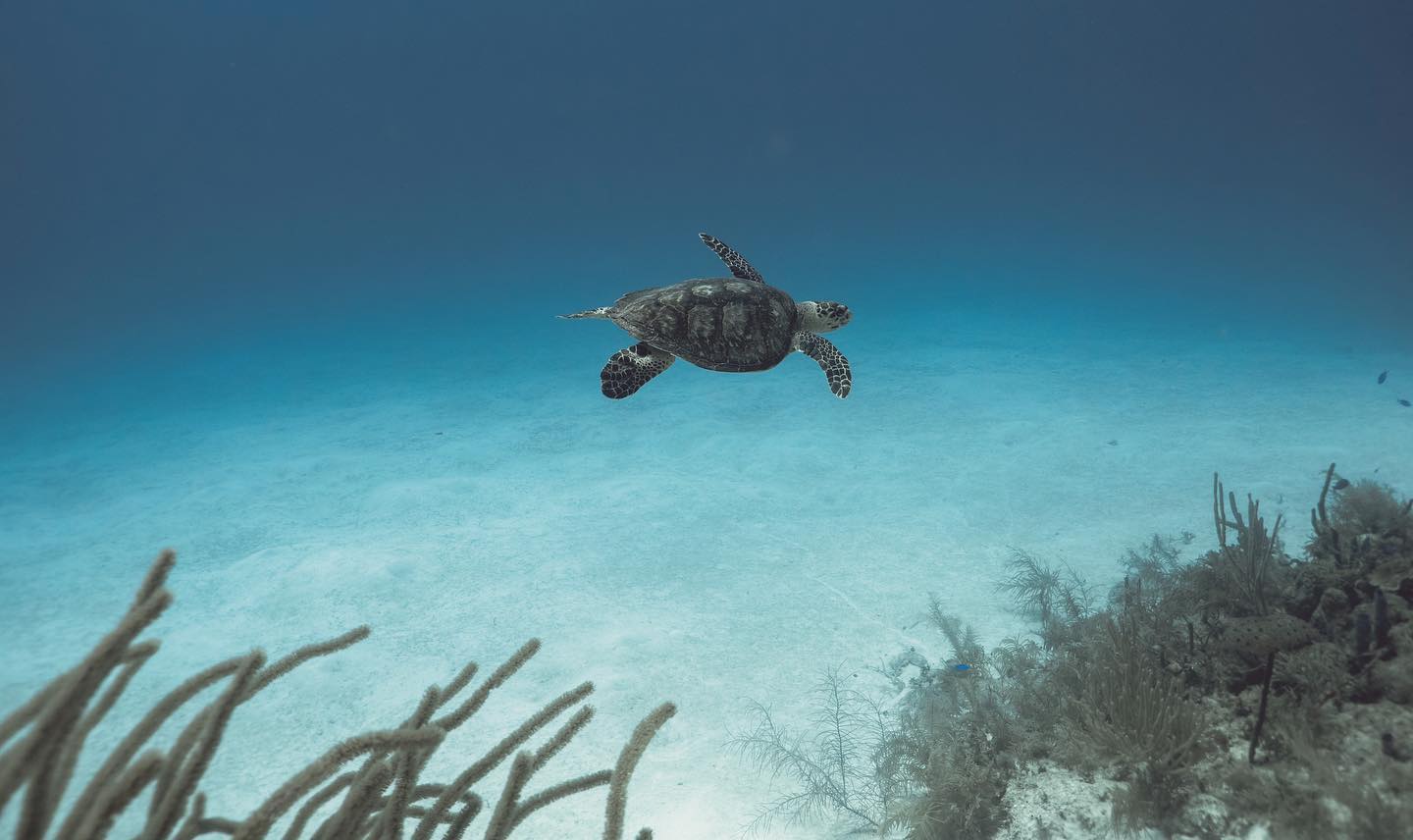
How and why did you get into marine science?
I always loved the ocean, but it was through diving I understood that I needed to get involved in ocean conservation and marine science! It was where I found myself the happiest and also what made me realize I had no choice but to do something about the degradation of our natural world.
What does a typical week look like for you? What is it actually like to work in marine science? Is it what you expected?
It is always very different and evolving as I am the owner/director of a young company and research center. It will be 5 years in April! But I would say I work mostly on developing and supervising programs and projects, planning what is coming next, supervising interns, correcting reports and results, making collaborations, co-creating eco-courses and workshops. And a lot of meetings!!!
I used to be managing the different projects, but with time it became impossible for me to do everything and I now get the help of two amazing biologists who work with us, and two scientific collaborators, plus many interns and volunteers.
Do you get to dive regularly in your position? How does the diving for marine science differ from recreational diving?
I don’t dive as much I as should / would love to because I have a lot of work outside of the water. But every time I get in the ocean I can’t help but look at the reef health, coral condition, the amount of fish and biodiversity, or the health of the coral fragments in our nursery. That’s the scientific part of my brain I guess!
What research are you most excited about in the coming decade and why?
I am very curious about tropical coastal ecosystems’ resilience/adaptations to climate change and ocean acidification. This will tell us if our coastal ecosystems can survive what’s coming and keep being the foundation to all of the incredible biodiversity that depends on them.
For young women out there interested in a marine science career, what advice would you give them?
- It’s never too late to pursue a career in marine science
- Surround yourself with a team you trust and have fun with
- It’s not always easy, but it’s so worth it!
Click here for our research center programs for possible interns, and here are the links for our research center training:
1) https://takataexperience.com/eco-divemaster-coastal-ecology-program/
2) https://takataexperience.com/scientific-divemaster-reef-monitoring-training/
Anything else you would like to add?
The world needs ocean ambassadors more than ever! Everyone can have an incredibly positive impact, even if you live thousands of km from the sea because everything is connected and in the end, if we have a conscious population ready to make a change, nature’s resilience will take care of the rest!
Don’t think your voice and impact are not big enough or don’t matter, little by little we are creating enormous change and making the world of tomorrow possible!
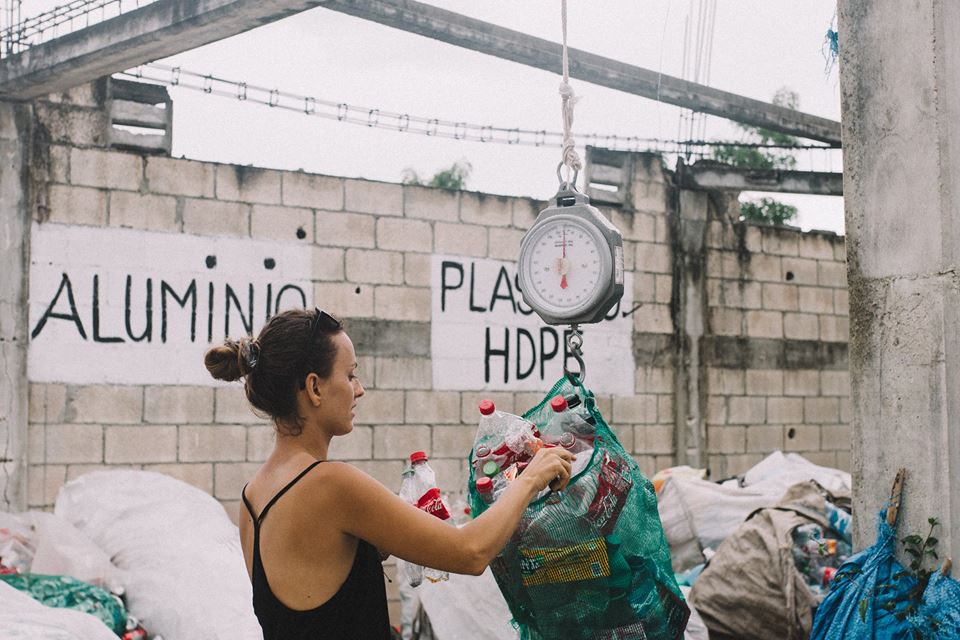
The first step to helping to save the ocean like Cassiopea Carrier Doneys is to learn to dive. With your Open Water Diver certification, you’ll be able to live unfiltered and you’ll gain the tools you need to make a difference. Click on the button below to get started.

